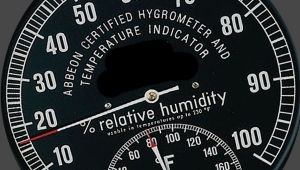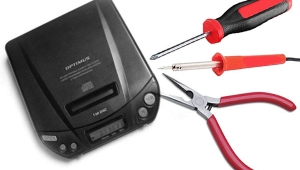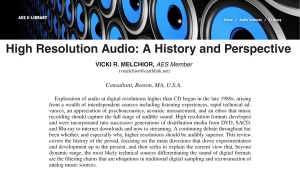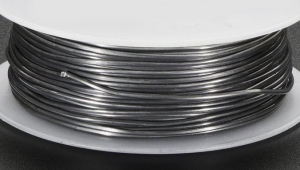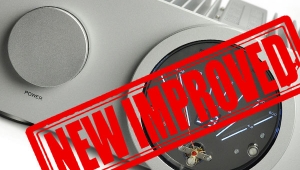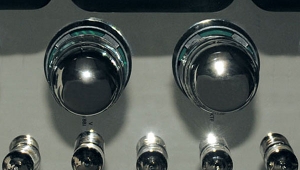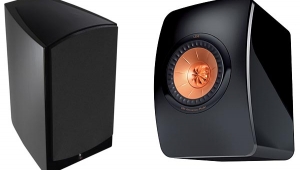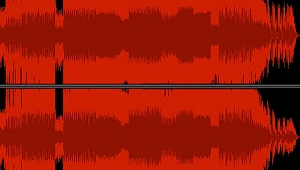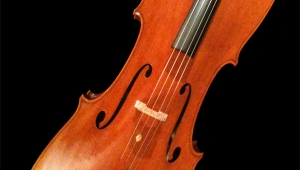| Columns Retired Columns & Blogs |
You do realize you don't need Randi to run a double blind test, in fact, it costs very little to go down your local university, talk to the dean of a school of science, and ask if any of their students would be interested in performing a double blind test on your cable belief.
In the time it took you to write this long winded article you could have done a double blind and proven once and for all that you have magical ears and can tell the difference between audio cables. Use the ones agreed upon, or borrow the overpriced ones you mentioned and do the test. Ideally use as many as you can, expensive versus cheap and control.
Even after listening to your entire argument the only thing I'm left thinking is, "If you didn't back out, why not do the test and get front page news all over the world for proving the difference can be heard?" You might not make a million bucks but I guarantee you'd make hundreds of thousands in sponsorship.
So time to shit or get off the pot. Do the test.





